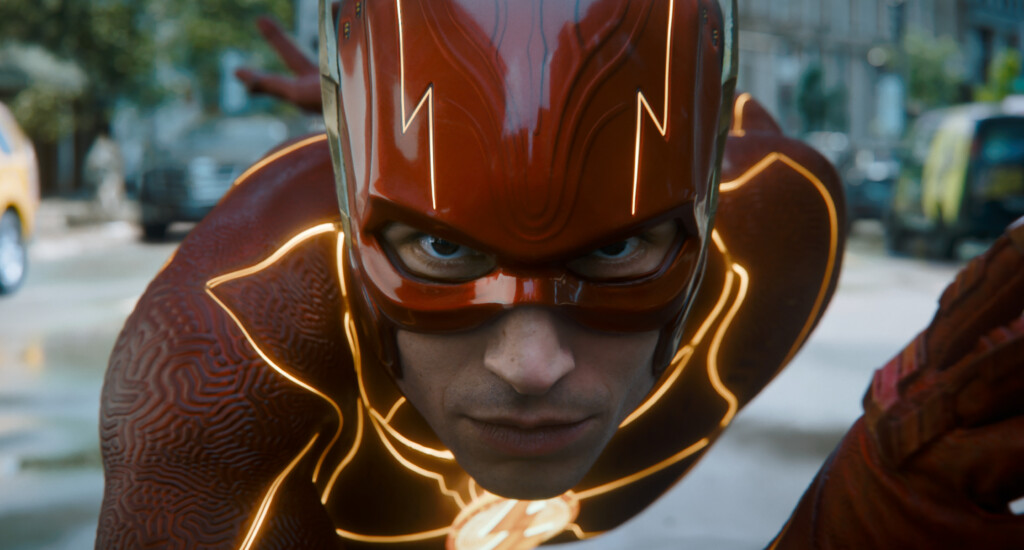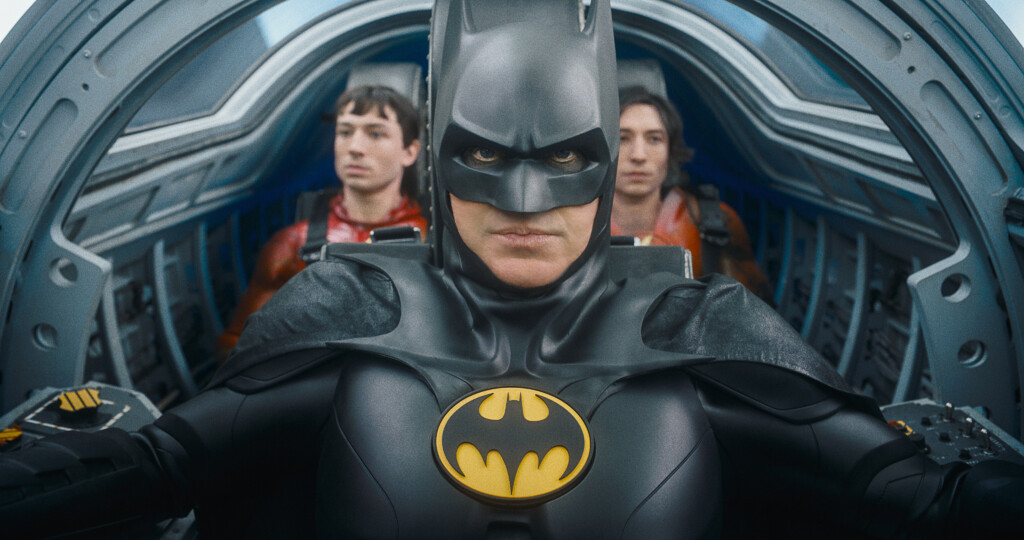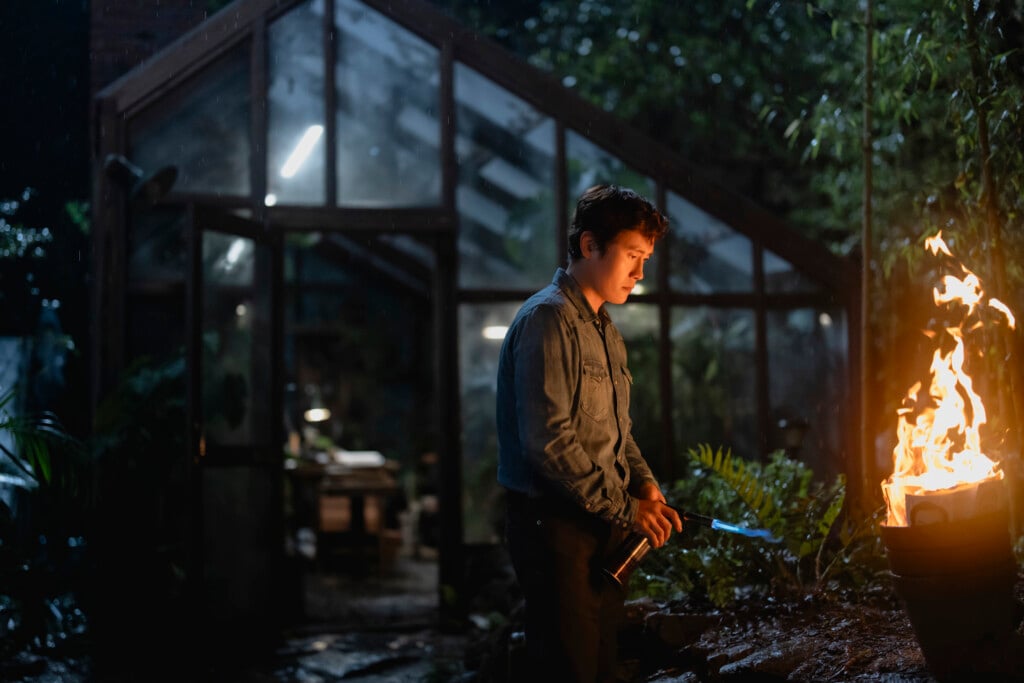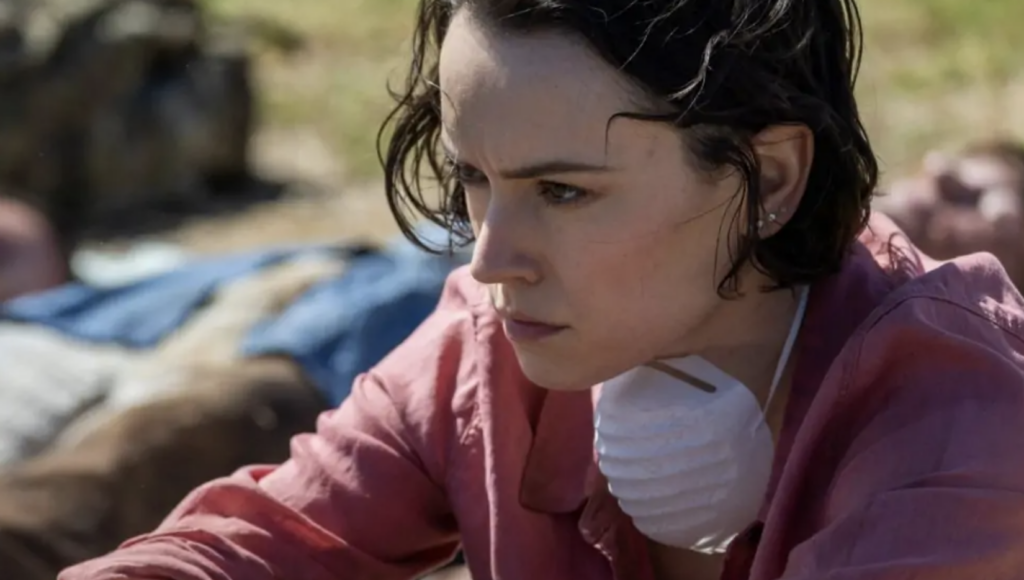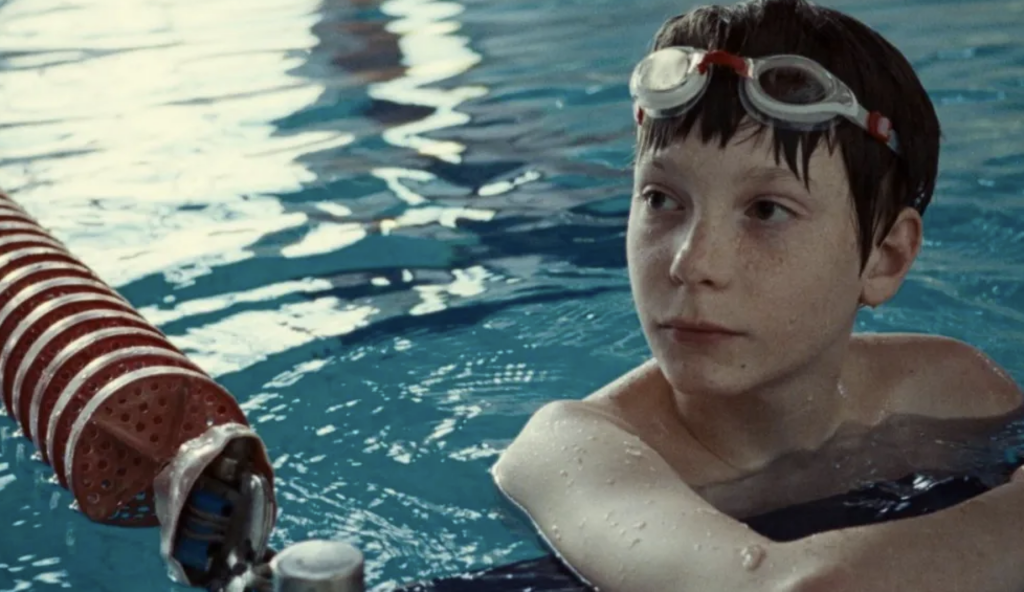The Flash may not be speedy, but it sure is fun
Come for Michael Keaton. Stay for thoughts on superhero identity.
As Spider-Man: Across the Spider-Verse recently reminded us, tragedy and sacrifice are major pillars of a good superhero movie. Fundamental elements shape and scar heroes in ways that become entrenched in how we understand them. Uncle Ben dies. Krypton is destroyed.
But as well-known as those stories are there’s one that often gets overlooked: Barry Allen’s obsession with exonerating his wrongly convicted father for the murder of his mother. Allen’s loss is the kind of soul-crushing event that would destroy an average person. At the same time, it also makes Andy Muschietti’s The Flash the perfect launch pad for a film that’s as moving as it is fun.
Even before becoming a superhero, Allen (Ezra Miller) lived a life of single focus, trying to help his father (Ron Livingston) after he was framed for the murder of Barry’s mother (Maribel Verdú), a crime he didn’t commit. Barry’s obsession led him to work in a forensics lab, where he acquired his powers. Barry then became “the janitor” (his words) of the Justice League and through that gained assistance in his crusade from Batman (Ben Affleck).
When his father’s latest appeal fails, Barry speeds off in a fit of sadness. His grief fuels him to run so fast that he ends up in a Chronobowl, a space where he can see all of time around him. Astonished by his discovery, he realizes he can go back in time to save his family. A quick jaunt through space-time appears to fix his problems, yet when he returns to the present, a sinister force attacks, stranding him in the past.
Unsure of what to do, Barry witnesses the effects of his actions, which created a world without meta-humans like himself. He also must contend with a younger version of himself, who’s unburdened by our Barry’s trauma. Complicating matters further is the arrival of General Zod (Michael Shannon) looking for Superman. With an uncertain future looming, Barry sets out to become the hero he believes he can be, with the help of a very different caped crusader and last son of Krypton.
As gloomy as that plot sounds, believe it or not, The Flash is propelled forward by a sense of fun. It hums through every aspect of the production, from lively set designs to vibrant color choices, catchy music cues to inventive setpieces. Muschetti has created the kind of movie that comic book fans dream of.
Central to all this is Michael Keaton’s much-hyped return as Batman. His time is somewhat limited, but it’s still exciting to see him don the cowl once again. The returns of Keaton and Affleck present two delightfully different takes on The Dark Knight. In his one scene, Affleck exudes a sense of maturity that may make you disappointed he never got a solo film. The two Bruces also have conflicting ideologies on loss, with Keaton tempted to fix things and Affleck claiming that “scars” are what makes a hero.
That question of what a hero can be is The Flash’s overarching thesis. There’s a lot of fighting in the 144-minute runtime, but the story is surprisingly about accepting one’s limits, asking for help, and seeing the bigger picture. Each of these is reinforced in the journey of each character, none more so than Supergirl, Kara Zor-El (Sasha Calle), who has to find a way to curb her resentment and learn to trust others.
As solid as The Flash is, a couple of missteps almost trip it up. The nostalgia of seeing Keaton’s Batman is fun, but other dips into the fan service pond feel out of place. This is mostly contained in the climactic battle, where a barrage of cameos overstay their welcome and threaten to rob all emotional resonance out of the sequence. That same problem ties directly into the film’s other misgiving, namely some shoddy CG work. When Barry is in the Chronobowl, he sees CGI facsimiles of people and places meant to represent the sands of time. However, the execution causes everything to look like plasticine figures that would give Madam Tussaud the heebie-jeebies.
Even those small quibbles can’t undo what The Flash gets right. Barry’s adventure shows the value of tragedy, sacrifice, hubris, and humility in creating a true hero. Those elements (which also happen to be the biggest parts of a good superhero story) make The Flash stand out at a time when the superhero genre could use a jolt of excitement.
